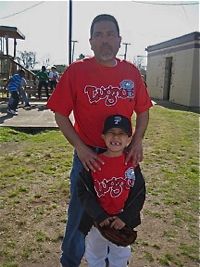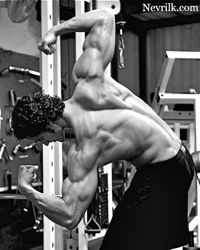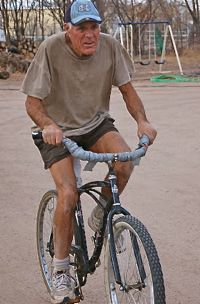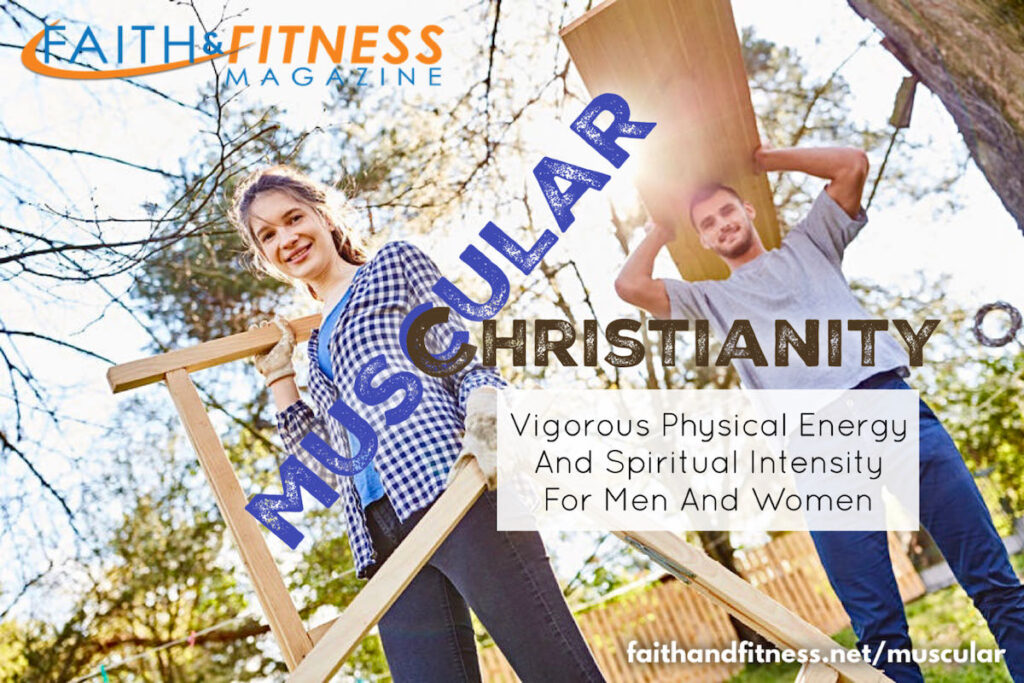For years Faith & Fitness Magazine has helped people build physical and spiritual strength. But many want to go even further. This special resource equips you to do that. Keep returning as we’ll be adding new content. Here you can understand the origins of Muscular Christianity Explore how it has been demonstrated, who has popularized it and how that has influenced culture and others. Here you can also join with others to help expand the scope of what Muscular Christianity is today. See how others are using these concepts to engage others, infuse daily living with passion and build a capacity to exercise functional faith continually.
MUSCULAR CHRISTIANITY DEFINED
If you take the simple definitions of both words and combine them you get: Well-built or strong faith in Jesus Christ’ teachings. The term Muscular Christianity is not in the Bible. Instead the concept is used to underscore a pervasive Biblical tenant that life lived in the presence of God is rich and robust filled with purpose and value. To help you better consider how Muscular Christianity has been described and more importantly how you can translate it into your life we offer some short definitions:
SIMPLE DEFINITIONS FOR MUSCULAR CHRISTIANITY
- Physical education plays an important role in the formation of moral character.
- A commitment to develop physical well-being and spiritual devotion.
- Carrying the gospel of Christ to the body.
- Living an influential, fruit-filled Christian life requires toughness and a hardy spirit.
- A devout Christian, earnest philanthropist and enthusiastic athlete.
- An active, robust and cheerful Christian life.
- The capacity to find ways to discover/experience truth as compared to simply learning by instruction.
A BRIEF HISTORY OF MUSCULAR CHRISTIANITY
The late nineteenth century saw a rise in the idea of Muscular Christianity (MC). This English movement seemed to result from three aspects of a changing society: an increased “feminization,” challenging traditional male roles, an increase in wealth and an increase in time spent on recreational activities. There was a feeling of weakness in the church, so to combat this, men decided to put a stronger face on their faith. In part it was a way to strengthening the church by making the men more physically fit. MC occurred at a time when people were realizing the benefits of being fit, increased productivity and a longer life.
“Gaining strength” was not meant to be for the purpose of being attractive or gaining aesthetic appeal from being physically fit. The attraction of Muscular Christianity was for being fit to fight for Christ — to be fit for service. Gaining most of its popularity between 1880 and 1920, MC was a way to connect faith and sport. A decline in MC can be attributed to World War I. After WWI, influential leaders blamed MC for a rise in militarism in the years leading to the war. Regardless of this, the benefits of MC were seen in England and America through the birth of societal institutions like the YMCA. The main message was to live actively, to be fit for Christ and to be fit for service to others.
Historically there are some individuals that have been identified as embracing the spirit of Muscular Christianity. Perhaps the earliest example can be found in Paul the Apostle in the Bible who often used physical and athletic metaphors to describe the challenges and potential of a Christian life. In more recent history, some of the Muscular Christians are English writers Charles Kingsley and Thomas Hughes, John MacGregor, Dwight L. Moody and Theodore Roosevelt .
This feature is part of the FOUNDATIONS track of sessions in the 2021 Faith & Fitness Magazine Redefined Conference.
MUSCULAR CHRISTIANITY TODAY
The foundations of Muscular Christianity are an integral part of physical fitness and the sport world. Many athletes and strong role models in society today glorify God on and off the field. Organizations like the Fellowship of Christian Athletes, Athletes in Action, and church sports and recreation ministries thrive. Professional athletes like Ray Lewis, Jeff Franceour, Tim Tebow, Bubba Watson and Kurt Warner, make a strong public Christian profession and connect with the “strenuous life.” While Muscular Christianity re-enforces a toughness among men to be strong Christians it is also a model of spiritual commitment for women too. Physical strength empowers men and women to fight spiritually, meet challenges, accept failure when it occurs, and always move forward. The pillars of obedience and discipline provide a bridge between a Christian lifestyle and physical activity.
TODAY’S BOLD AND INFLUENTIAL HEAVY LIFTERS
Muscular Christianity is being defined today by individuals with very different backgrounds. They live a life firm in their Christian faith and carry the Gospel – a Biblical mindset to their bodies. Read their stories to learn how they integrate the principles of Muscular Christianity into their lives to show discipline and obedience. Muscular Christianity is about a special strength; strength to use your faith to fight life’s battles, a strength to live a life in fulfillment of the Bible, and a strength to actively bring the full scope of faith and spiritual living to the physical body in order to be life and serve others. Consider how you can make Muscular Christianity a way to live your faith, build yourself physically and integrate both daily. CONTACT US or post a new comment below to suggest who you think we should highlight next as a bold and influential heavy lifter – a modern-day example of Muscular Christianity.

Jorge Juarez, Executive Director of Recreational Sports at Southern Methodist University in Dallas, Texas, lives his life in active service to his coworkers, students, and family. Having four young children, he strives to set a good example for them to follow. He understands the joy and peace that come from pursuing the will of God. Being diagnosed with diabetes thirteen years ago, working out and eating right allow him to control his blood sugar and live a healthier life. Struggle is word Jorge has become familiar with through a rough upbringing. Growing up the youngest of seven children with only one parent, his mother, was a challenge. College posed another obstacle: after flunking out, he was encouraged to return years later. Today Jorge is a successful director with his master’s degree and always there to lend a helping hand or encouraging word to others. When life knocked him down, he knew nothing was bigger than God. It is this strength that he carries into all battles life brings to him.

Peter Rohleder, the official state fitness consultant for the Miss Kansas America Pageant, an exercise physiologist, strength and conditioning specialist, shows strength not only through his work with clients, but also in his personal life. In order to improve, he suggests strengthening the mental, physical, emotional, and spiritual aspects of the body. While many in society today are accepting of a more sedentary lifestyle, he believes making sacrifices and good choices are an empowering experience. He doesn’t aim to use these decisions to strengthen himself for his own good; he makes himself better for God. Knowing failure can be educational, Peter learns from his mistakes while relying on God for guidance through struggles. Putting his life in God’s hands, Peter trusts in His plan and timing.

Chuck Hosking knows what St. Francis of Assisi meant when he said, “Preach the Gospel at all times. Use words if necessary.” Chuck is a living font of God’s love and service to others. Not only does he live on a mere seven percent of his income (around $1,500 per year), he also stands strongly for his beliefs in global equity and peace. He has dedicated his life to living minimally and giving to others, a deed he sees not as charity, but as an act of justice. Being a long-distance runner for forty years, his active lifestyle allows him to connect with God in the beauty of nature. Living life as a “spiritual long distance race,” Chuck dismisses things society revels in: gluttony, materialism, and stress. Words to live by for Chuck are found in one of Jesus’ talks in the Bible: “Revere God and love you neighbor.” He reveres God by respecting his body and exercising to make it fit for service. He loves his neighbors by supplying them with food, advocating for global equity, cutting down trees, helping local farms, and holding daily peace vigils.
Use this graphic to share this feature with others.












